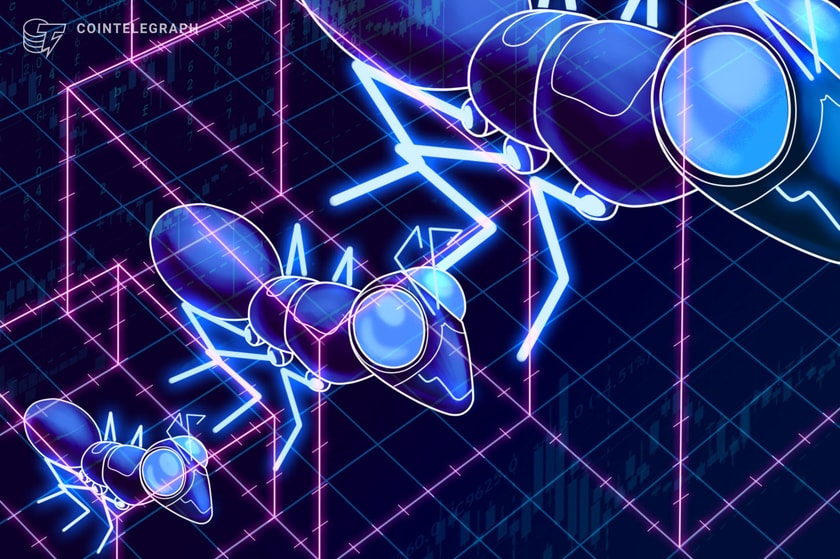The throughput of blockchains — namely, their ability to process X number of transactions per second (TPS) — is often touted in such a way as to downplay other considerations, such as decentralization and security. The blockchain trilemma, of course, acknowledges that succeeding in all three areas is challenging, though not impossible.
There is no denying that throughput and scalability are important, indeed vital if blockchains are eventually to become the rails on which the financial system is run. However, there is a major misconception surrounding the metric used to assess the scalability of layer-1s and 2s.
Although super-fast blockchains love nothing more than to trumpet their TPS numbers, it is a rather inadequate method for assessing throughput and fails to accurately represent legitimate blockchain transactions. What’s more, numbers are often reported in inconsistent or haphazard ways, making it tricky to compare projects and obscuring what matters most in practice.
So, when networks brag about five-figure TPS speeds, take their audacious claims with a healthy pinch of salt.
A missold metric
If blockchain technology is ever going to be adopted at scale, it must be capable of handling huge volumes of data at high speed. That way, people can access the network when they need it, without contending with logjams or having to pay eye-watering transaction fees. This is clear.
However, a high TPS doesn’t necessarily assure this, as the figure is usually measured by dispatching a protocol token from one wallet to another, as expeditiously as possible. This is the most basic transaction that can be made on a blockchain. Transferring protocol tokens is not a very computationally intensive transaction, which is why it is cheaper to send Ether (ETH) than, say, transfer an ERC-20 — the latter contract contains much more complex data.
Related: Programming languages prevent mainstream DeFi
Indeed, the majority of transactions are more complex than simple transfers. DeFi transactions, for instance, are resource-intensive, which explains why token swaps cost more in gas than simple transfers. Moreover, some chains include transactional data that isn’t usually calculated as transactions on other networks.
In the case of Solana, around 80% of transactions are made up of its own consensus messages, which are needed to coordinate validators. Despite being processed separately from on-chain transactions, they are confusingly batched with user transactions on…
Click Here to Read the Full Original Article at Cointelegraph.com News…
